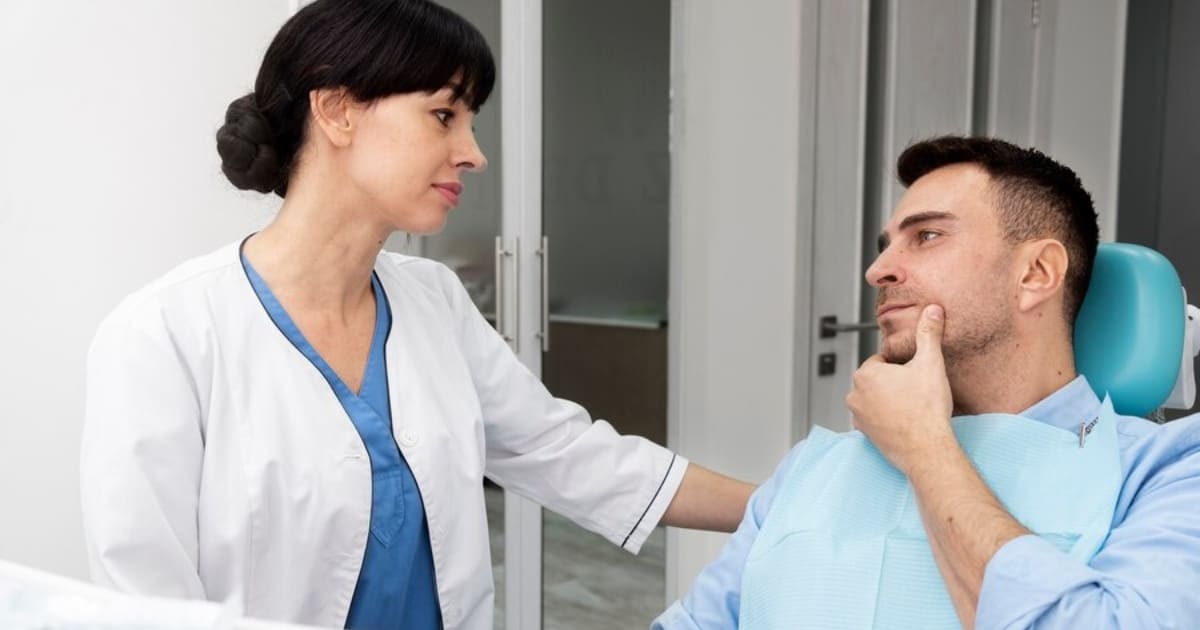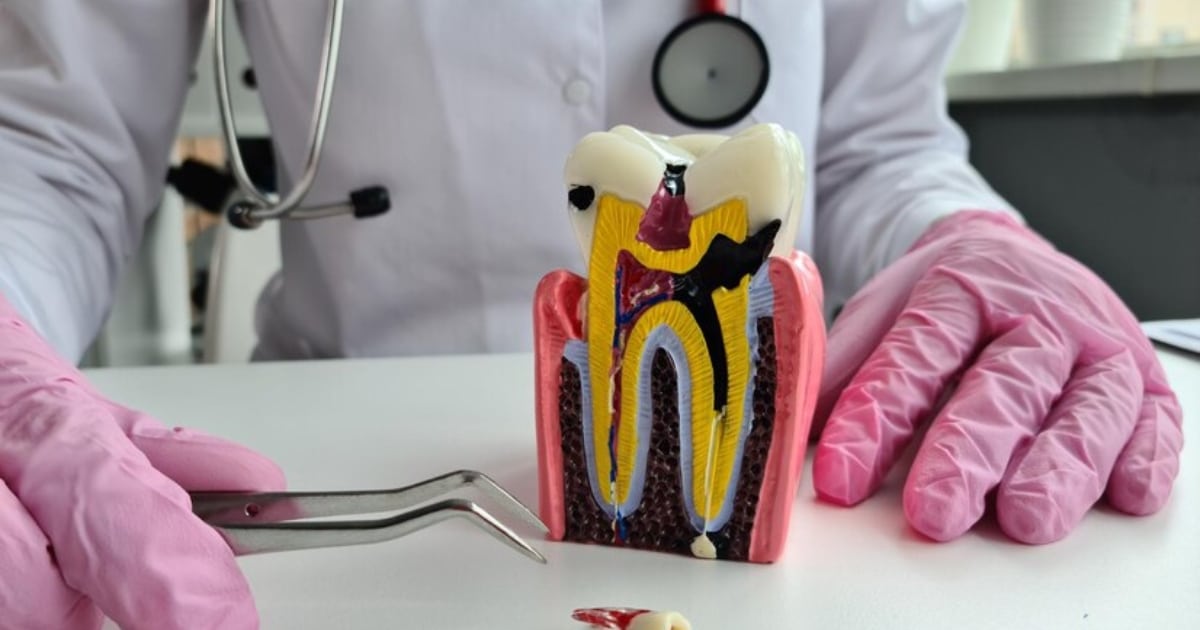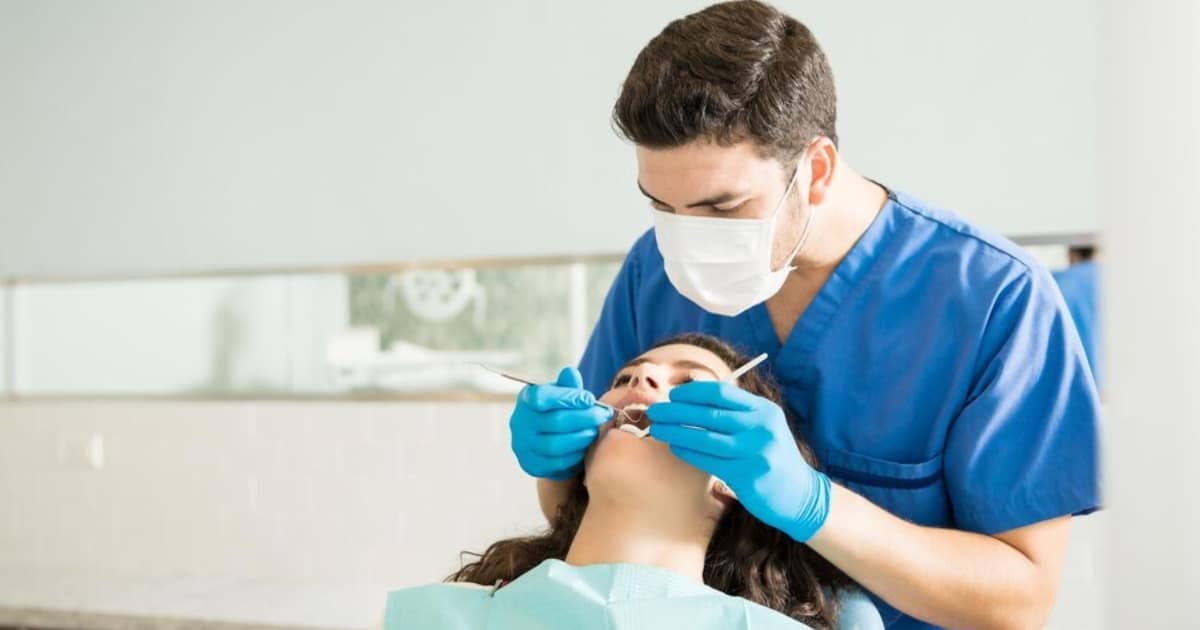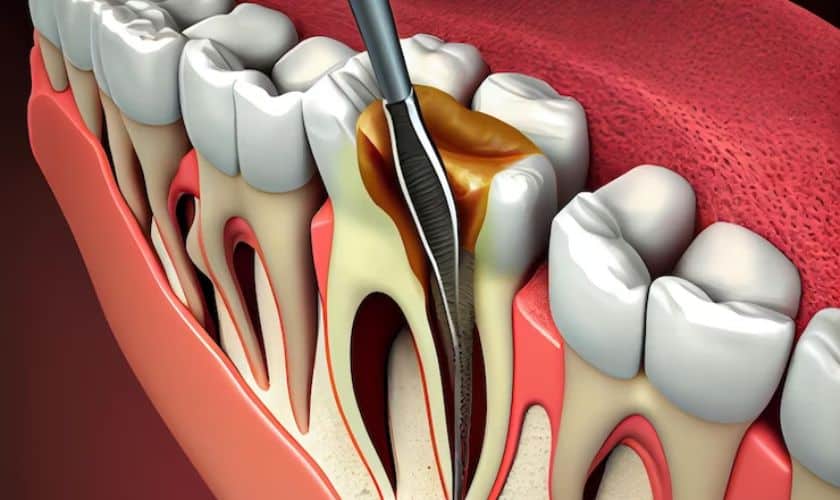
Root canal treatment, though essential for preserving a tooth, can often bring discomfort and pain during the recovery period. It’s crucial to understand the process of managing root canal pain and facilitating a smooth recovery. In this comprehensive guide, we will explore various aspects of root canal recovery, from immediate post-treatment care to long-term oral health practices.
Understanding Root Canal Treatment
Before delving into the recovery process, it’s important to grasp the basics of root canal treatment. This dental procedure becomes necessary when the pulp, the innermost part of a tooth containing nerves and blood vessels, becomes infected or damaged. During a root canal, the infected pulp is removed, and the tooth is cleaned, sealed, and restored.
The Immediate Post-Treatment Period
Dealing with Initial Discomfort
After a root canal, it’s normal to experience some discomfort or mild pain. Over-the-counter pain relievers such as ibuprofen can help manage this initial discomfort. It’s advisable to follow your dentist’s recommendations regarding medication.
Rest and Recovery
Allow yourself some time to rest after the procedure. Avoid strenuous activities and give your body the opportunity to heal. Adequate rest contributes significantly to a faster recovery.
Managing Root Canal Pain Effectively
Pain Medication
While over-the-counter pain relievers can be effective in the short term, it’s essential to follow your dentist’s prescription for any prescribed medications. Take them as directed to manage pain without any complications.
Cold Compress
Applying a cold compress to the cheek near the treated tooth can help reduce swelling and alleviate pain. Use a clean cloth or an ice pack wrapped in a thin towel and apply it in 15-minute intervals.
Elevated Head Position
Keeping your head elevated while sleeping can prevent blood from pooling in the affected area, reducing inflammation and discomfort. Consider using an extra pillow to prop up your head during the initial days of recovery.
Post-Root Canal Care and Hygiene
Gentle Oral Hygiene Practices
While it’s crucial to maintain oral hygiene, be gentle around the treated area. Use a soft-bristled toothbrush and avoid aggressive brushing. Follow your dentist’s recommendations for the type of toothpaste suitable for your recovery.
Avoid Certain Foods
In the days following a root canal, steer clear of hard, crunchy, or sticky foods. Opt for a soft diet that won’t exert pressure on the treated tooth. This helps prevent unnecessary discomfort and supports the healing process.
Long-Term Recovery and Oral Health Practices
Follow-Up Appointments
Attend all scheduled follow-up appointments with your dentist. These check-ups are crucial to ensure that the treated tooth is healing properly. Your dentist may also recommend additional steps based on your progress.
Regular Dental Check-Ups
Maintain a routine of regular dental check-ups. These visits allow your dentist to monitor your overall oral health and catch any potential issues early on. Consistent dental care is key to preventing future complications.
Good Oral Hygiene Habits
Adopting good oral hygiene practices is essential for long-term oral health. Brush your teeth twice a day, floss regularly, and use an antiseptic mouthwash to keep your mouth clean and free from bacteria.
Seeking Professional Advice
If you experience persistent or severe pain, swelling, or any unusual symptoms after a root canal, it’s crucial to consult your dentist promptly. Timely communication with your dental care provider ensures that any issues are addressed promptly, preventing potential complications.
Root canal recovery is a gradual process that requires patience and attention to detail. By following these tips for managing root canal pain and embracing long-term recovery practices, you can contribute to a smoother healing journey. Remember, each individual’s recovery experience may vary, so always consult your dentist for personalized advice tailored to your specific needs. Taking proactive steps toward your oral health will not only ensure a successful recovery but also promote a lifetime of happy smiles.
New Patients Are Welcome!






